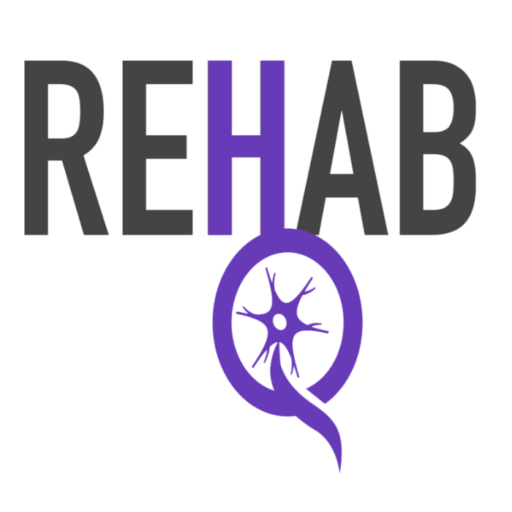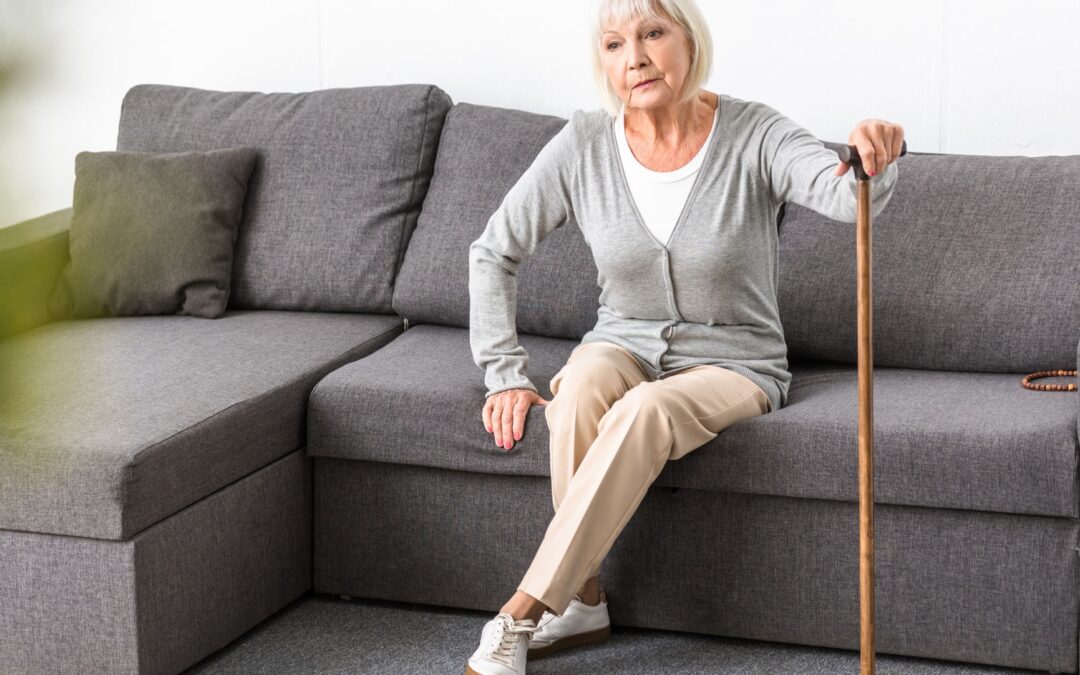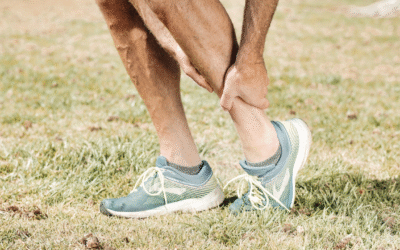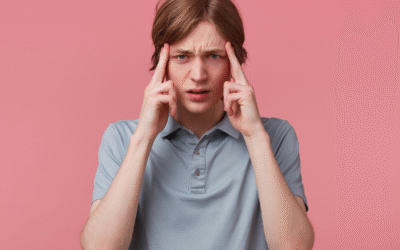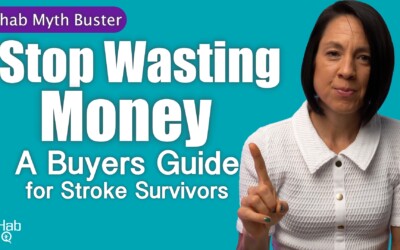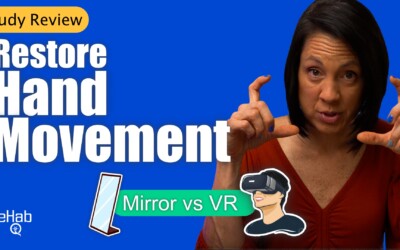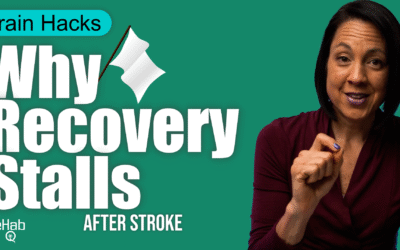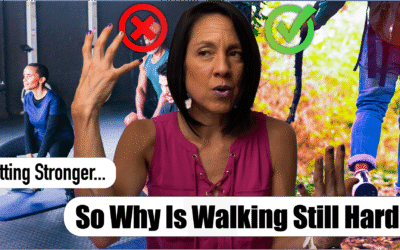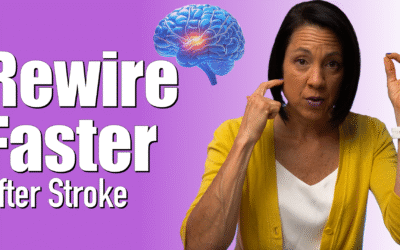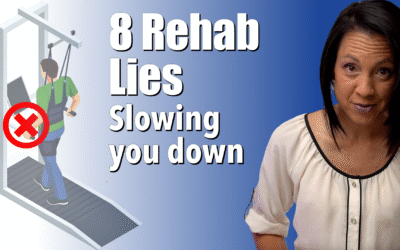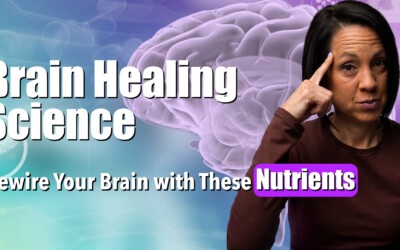Coping with depression and Parkinson’s disease can be difficult, but there are ways to help manage. There is no quick fix or exact science behind what will work for everyone, so it’s important to try different strategies until you find the right fit.
What is depression?
Before we get into some treatment strategies, it is important to differentiate depression from grief/sadness. It is completely normal to feel a little sad about receiving a diagnosis of PD. There is loss associated with this. Much like losing a family member, you have lost a piece of your life and/or your plans for your future. Grieving this is important. Grief and/or sadness in this context is temporary. This is different than depression. Depression is a mood disorder that causes you to feel constant sadness and loss of interest in life.
What causes depression in Parkinson’s disease?
Parkinson’s disease causes changes in the area of the brain that produce dopamine, serotonin, and norepinephrine. These are all neurotransmitters that regulate mood, energy, motivation, sleep, and appetite.
What are the signs of depression?
- Depressed mood
- Sleep disturbances (unable to sleep and/or sleeping to much)
- Loss of appetite
- Feeling of extreme weariness
- Difficulty concentrating
- Irritability
- Feeling of worthlessness
- Thoughts of death
- Loss of interest in pleasurable activities
Why is it important to treat depression?
The journal of psychiatry reports that depression was significantly related to illness severity and functional impairment. The Neurology journal published a study where they reported that depression is associated with increased disability and decreased quality of life.
What is the treatment for depression?
The best treatment for depression is a combination of medication AND psychotherapy.
Psychotherapy
Cognitive Behavioral Therapy (CBT) – CBT is a method of changing negative thought patterns and behaviors. With this type of therapy you can learn coping skills and strategies to think more positively long term.
Talk Therapy – counseling sessions can provide a space for you to share your feelings, gain understanding around how you feel, and learn strategies to cope with negative feelings/emotions.
Medications
Certain anti-depressant medications can help treat depression in people with parkinsons disease.
Electroconvulsive Therapy
Electroconvulsive therapy (ECT) is a standard treatment option for people with severe depression that has failed all other treatment.
Other Articles you may be interested in:
Spasticity or Weakness? Understanding Your Stroke Symptoms
How Can You Tell If It’s Spasticity or Weakness After Stroke? https://youtu.be/3QR9D4rBNhc If you’ve had a stroke, you’ve probably heard a few of these words tossed around: spasticity, weakness, stiffness, foot drop. They might all sound similar, but they each tell a...
Master Ankle Mobility: Exercises for Better Walking
Ankle Mobility Exercises to Boost Balance and Walking Ankle stiffness is one of the most common issues people face after a stroke or any neurologic injury. It can make walking harder, cause your toes to catch, or even affect your balance. But here’s the thing,...
Improve Focus and Attention After Stroke
Stroke Recovery: How to Regain Focus and Attention Faster https://youtu.be/ul0wUgXravo When most people think about recovery after a neurologic injury like a stroke, brain injury, or MS, they often focus on the physical side. Strength. Repetitions. Muscle activation....
Should You Spend Money on Stroke Rehab Devices?
Are Trendy Rehab Treatments and Devices Worth It? Here's My Honest Take https://youtu.be/T69LavHLdIQ Should you be spending your hard-earned money on all those rehab devices popping up in your social media feed? And if so, which one is actually worth it? The truth?...
Restore Hand Movement After Stroke with Mirror Therapy
Mirror Therapy & VR: Stroke Recovery for the Hand https://youtu.be/OeThZMwJt40 If you’ve lost movement in your arm after a stroke, you’ve probably wondered: “Is my arm just weak, or is something deeper going on in my brain?” That’s not because your muscles forgot...
Stroke Recovery Plateau: What to Do
Why Stroke Recovery Stalls and How to Push Through Recovery may feel stuck, but progress is still possible. Here’s how to keep improving after a plateau. https://youtu.be/w6xZZpx7tDY Recovering from a stroke or neurologic injury can feel overwhelming. Walking,...
Why Your Stroke Exercises Aren’t Helping and How to Fix It
Stroke Recovery Tips: When Exercises Don’t Seem to Work https://youtu.be/9r06T9gtsYc Is it possible to be making progress after a stroke or neurologic injury and still feel like your movement is getting stiffer, heavier or just plain harder?Absolutely. And let me tell...
Boost Stroke Recovery: 3 Brain Habits That Actually Work
Want to Rewire Your Brain Faster After Stroke? Try These 3 Habits https://youtu.be/iFcjDtHrrwM If you’ve been on this neuro-recovery journey, you know it can feel like progress is slow. You do your exercises, you follow instructions, but sometimes your brain seems…...
Stroke Recovery Myths Debunked: The Truth About Healing
8 Neuro Rehab Myths That Are Holding You Back (And What to Do Instead) Debunking Common Myths About Neurologic Recovery https://youtu.be/chTfi1d5kn4 If you’ve ever been told that your recovery after a neurologic injury has an expiration date, or if your physical...
Best Foods for Brain Healing and Mental Clarity
Brain Recovery Nutrition How Diet Fuels Healing and Focus https://youtu.be/P5UJMJJRVdw When it comes to stroke recovery, exercise and rehab often take the spotlight. But what if the foods you eat and the nutrients inside them could also play a powerful role in healing...
